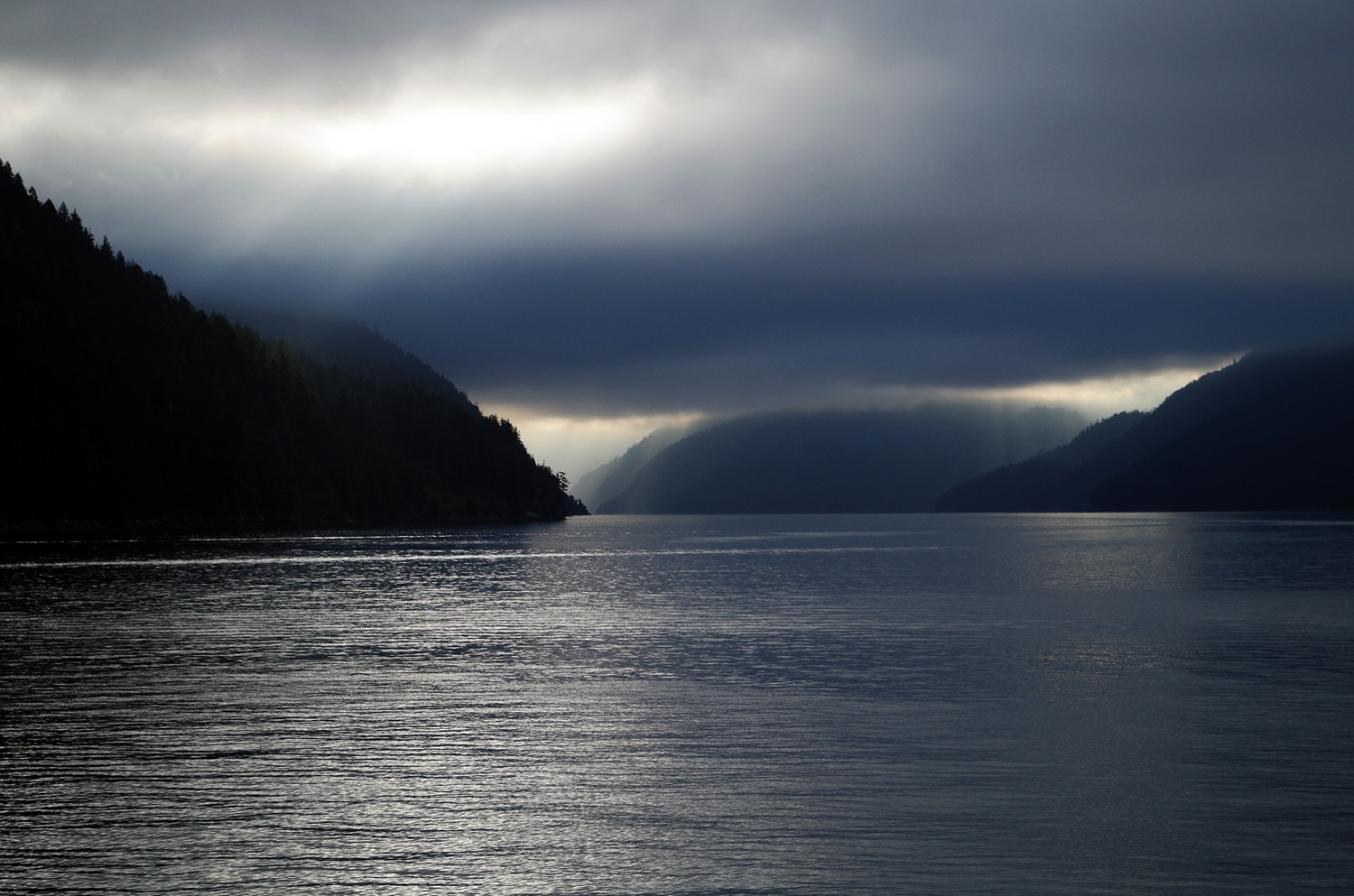Browse "Politics"
-
Macleans
Martin Fired from Cabinet
Stories about Paul Martin always seem to contain an element of frenetic activity or plain haste. There's the one about what amounted to his first date with Sheila Cowan, a friend of his younger sister.This article was originally published in Maclean's Magazine on June 17, 2002
"https://development.thecanadianencyclopedia.ca/images/tce_placeholder.jpg?v=e9dca980c9bdb3aa11e832e7ea94f5d9" // resources/views/front/categories/view.blade.php
https://development.thecanadianencyclopedia.ca/images/tce_placeholder.jpg?v=e9dca980c9bdb3aa11e832e7ea94f5d9
-
Macleans
Martin Survives Confidence Vote
PAUL MARTIN has a new political persona: classic Liberal survivor. It's not the first time he has switched identities.This article was originally published in Maclean's Magazine on May 30, 2005
"https://development.thecanadianencyclopedia.ca/images/tce_placeholder.jpg?v=e9dca980c9bdb3aa11e832e7ea94f5d9" // resources/views/front/categories/view.blade.php
https://development.thecanadianencyclopedia.ca/images/tce_placeholder.jpg?v=e9dca980c9bdb3aa11e832e7ea94f5d9
-
Macleans
Martin's Agenda Full of Risks
TESTIFYING AT THE SPONSORSHIP inquiry last week was billed as an unwelcome chore for Paul MARTIN. There was the indignity of being the first sitting prime minister since Sir John A.This article was originally published in Maclean's Magazine on February 21, 2005
"https://development.thecanadianencyclopedia.ca/images/tce_placeholder.jpg?v=e9dca980c9bdb3aa11e832e7ea94f5d9" // resources/views/front/categories/view.blade.php
https://development.thecanadianencyclopedia.ca/images/tce_placeholder.jpg?v=e9dca980c9bdb3aa11e832e7ea94f5d9
-
Macleans
Martin's Minority Government in Crisis
IT MUST BE TORTURE FOR PAUL MARTIN TO LOOK BACK. On Feb.This article was originally published in Maclean's Magazine on April 25, 2005
"https://development.thecanadianencyclopedia.ca/images/tce_placeholder.jpg?v=e9dca980c9bdb3aa11e832e7ea94f5d9" // resources/views/front/categories/view.blade.php
https://development.thecanadianencyclopedia.ca/images/tce_placeholder.jpg?v=e9dca980c9bdb3aa11e832e7ea94f5d9
-
Macleans
Martin's Minority Government in Peril
THE FIRST SHUDDER of snap-election fever had barely rippled through Ottawa before tacticians in all parties started whispering it wasn't, couldn't be - come on now, let's be serious - the real thing. The fall of a minority, they reasoned, is supposed to be based on a solid calculation.This article was originally published in Maclean's Magazine on April 11, 2005
"https://development.thecanadianencyclopedia.ca/images/tce_placeholder.jpg?v=e9dca980c9bdb3aa11e832e7ea94f5d9" // resources/views/front/categories/view.blade.php
https://development.thecanadianencyclopedia.ca/images/tce_placeholder.jpg?v=e9dca980c9bdb3aa11e832e7ea94f5d9
-
Macleans
McNamara's Apology
This article was originally published in Maclean’s magazine on April 24, 1995. Partner content is not updated.
"https://development.thecanadianencyclopedia.ca/images/tce_placeholder.jpg?v=e9dca980c9bdb3aa11e832e7ea94f5d9" // resources/views/front/categories/view.blade.php
https://development.thecanadianencyclopedia.ca/images/tce_placeholder.jpg?v=e9dca980c9bdb3aa11e832e7ea94f5d9
-
Article
Meech Lake Accord
In 1987, Prime Minister Brian Mulroney attempted to win Quebec’s consent to the revised Canadian Constitution. The result was the Meech Lake Accord. It was an agreement between the federal and provincial governments to amend (change) the Constitution. The Accord proposed strengthening provincial powers and declaring Quebec a “distinct society.” The Accord was never put into effect. Political support for it unravelled in 1990. Many Québécois saw the Accord’s failure in English Canada as a rejection of Quebec. Support for separatism soared in Quebec and led to the 1995 Quebec Referendum.
"https://d2ttikhf7xbzbs.cloudfront.net/media/media/8d1b4b1d-ce97-42aa-99a7-f4e33c1f6b7a.jpg" // resources/views/front/categories/view.blade.php
https://d2ttikhf7xbzbs.cloudfront.net/media/media/8d1b4b1d-ce97-42aa-99a7-f4e33c1f6b7a.jpg
-
Article
Meech Lake Accord: Document
Meech Lake Accord: Document1987 Constitutional AccordComplete Text June 3, 1987 WHEREAS first ministers, assembled in Ottawa, have arrived at a unanimous accord on constitutional amendments that would bring about the full and active participation of Quebec in Canada's constitutional evolution, would recognize the principle of equality of all provinces, would provide new arrangements to foster greater harmony and cooperation between the Government of Canada and the governments of the provinces and would require that annual...
"https://development.thecanadianencyclopedia.ca/images/tce_placeholder.jpg?v=e9dca980c9bdb3aa11e832e7ea94f5d9" // resources/views/front/categories/view.blade.php
https://development.thecanadianencyclopedia.ca/images/tce_placeholder.jpg?v=e9dca980c9bdb3aa11e832e7ea94f5d9
-
Article
National Policy
The National Policy was a central economic and political strategy of the Conservative Party under Prime Minister John A. Macdonald, and many of his successors in high office. It meant that from 1878 until the Second World War, Canada levied high tariffs on foreign imported goods, to shield Canadian manufacturers from American competition.
"https://d2ttikhf7xbzbs.cloudfront.net/media/media/3d796db1-587b-4b83-b948-3074a8fe7e80.jpg" // resources/views/front/categories/view.blade.php
https://d2ttikhf7xbzbs.cloudfront.net/media/media/3d796db1-587b-4b83-b948-3074a8fe7e80.jpg
-
Article
National Policy (Plain-Language Summary)
The National Policy was a protectionist policy. It was a main focus of the Conservative Party for decades. It began under Prime Minister John A. Macdonald. It continued under many of his successors. Under the policy, Canada imposed high tariffs (taxes) on imported goods. This shielded manufacturers in Canada from US competition. The policy was in effect from 1878 until the Second World War. This article is a plain-language summary of the National Policy. If you would like to read about this topic in more depth, please see our full-length entry: National Policy.
"https://d2ttikhf7xbzbs.cloudfront.net/media/media/3d796db1-587b-4b83-b948-3074a8fe7e80.jpg" // resources/views/front/categories/view.blade.php
https://d2ttikhf7xbzbs.cloudfront.net/media/media/3d796db1-587b-4b83-b948-3074a8fe7e80.jpg
-
Article
National War Labour Board
The National War Labour Board was established in 1941 with 5 regional boards to enforce the Canadian government's program of wage stabilization in the volatile wartime economy. The first chairman was Humphrey MITCHELL, later minister of labour.
"https://development.thecanadianencyclopedia.ca/images/tce_placeholder.jpg?v=e9dca980c9bdb3aa11e832e7ea94f5d9" // resources/views/front/categories/view.blade.php
https://development.thecanadianencyclopedia.ca/images/tce_placeholder.jpg?v=e9dca980c9bdb3aa11e832e7ea94f5d9
-
Article
Nootka Sound Controversy
The Nootka Sound Controversy involved the competing claims of Spain and Britain for control of trade and navigation on the Northwest Coast and in the Pacific Ocean, 1789-94.
"https://d2ttikhf7xbzbs.cloudfront.net/nootkasound/Nootka-Sound.jpg" // resources/views/front/categories/view.blade.php
https://d2ttikhf7xbzbs.cloudfront.net/nootkasound/Nootka-Sound.jpg
-
Article
North-West Mounted Police
The North-West Mounted Police (NWMP) was the forerunner of Canada's iconic Royal Canadian Mounted Police. Created after Confederation to police the frontier territories of the Canadian West, the NWMP ended the whiskey trade on the southern prairies and the violence that came with it. They helped the federal government suppress the North-West Resistance and brought order to the Klondike Gold Rush. The NWMP pioneered the enforcement of federal law in the West, and the Arctic, from 1873 until 1920.
"https://d2ttikhf7xbzbs.cloudfront.net/media/media/9a255267-0aad-4dff-bdcd-57cfec136787.jpg" // resources/views/front/categories/view.blade.php
https://d2ttikhf7xbzbs.cloudfront.net/media/media/9a255267-0aad-4dff-bdcd-57cfec136787.jpg
-
Editorial
Nova Scotia: The Cradle of Canadian Parliamentary Democracy
The following article is an editorial written by The Canadian Encyclopedia staff. Editorials are not usually updated.
"https://d2ttikhf7xbzbs.cloudfront.net/media/media/2756e679-0a69-460f-a9df-a12d63bd1a22.png" // resources/views/front/categories/view.blade.php
https://d2ttikhf7xbzbs.cloudfront.net/media/media/2756e679-0a69-460f-a9df-a12d63bd1a22.png
-
Article
On to Ottawa Trek and Regina Riot
In April 1935, about 1,500 residents of federal Unemployment Relief Camps in British Columbia went on strike. They travelled by train and truck to Vancouver to protest poor conditions in the Depression-era camps. After their months-long protest proved futile, they decided to take their fight to Ottawa. On 3 June, more than 1,000 strikers began travelling across the country, riding atop railcars. By the time they reached Regina, they were 2,000 strong. But they were stopped in Regina, where the strike leaders were arrested, resulting in the violent Regina Riot on 1 July 1935.
"https://d2ttikhf7xbzbs.cloudfront.net/media/media/296df678-f18c-47a4-91d9-02e0c8aad009.jpg" // resources/views/front/categories/view.blade.php
https://d2ttikhf7xbzbs.cloudfront.net/media/media/296df678-f18c-47a4-91d9-02e0c8aad009.jpg
